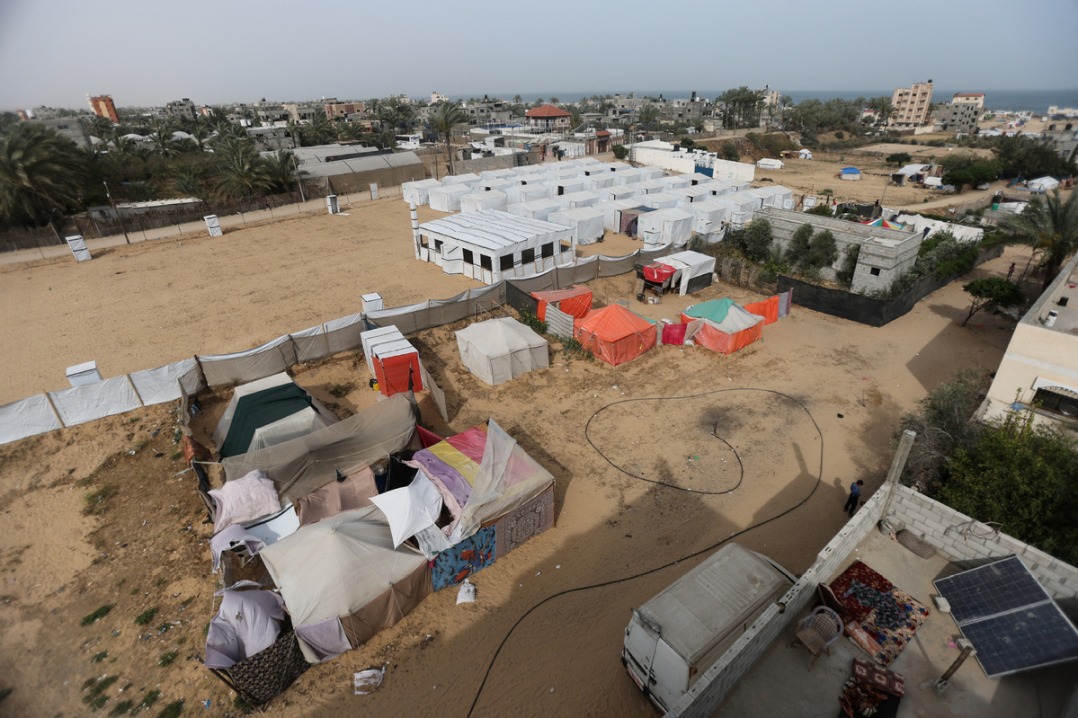Report highlights climate change implications


A group of leading British and Chinese scientists launched a groundbreaking report in London on Tuesday to show potential worst-case risks of climate change and to encourage politicians to increase mitigation efforts.
Spanning more than 150 pages, the report became the first to highlight some disturbing scenarios of climate change impact on both a global and Chinese scale.
"A key part of climate change mitigation is to be able to agree with each other how can we look at climate change, so that we look through the same lenses," said Lord Deben, chairman of the UK's Committee on Climate Change.
Qi Ye, director of the Brookings-Tsinghua Center for Public Policy at Tsinghua University, said the report is particularly significant "in bringing our attention to what kind of impact climate change will have on our cities, our economy, our lives and our society as a whole" so that people globally can better relate to the importance of climate change mitigation.
The scientists started to work on the report following an agreement between the UK and Chinese governments, signed during President Xi Jinping's 2015 visit to the UK. The report will be presented again at the Katowice Climate Change Conference in December.
On a global scale, plausible worst-case impacts include having one heatwave occurring every year, rather than just 5 percent of the time now, and high temperatures which threaten maize production would occur in around 80 percent of years, rather than just 4 percent of times currently.
Potential impacts on China include a possible three-fold rise in the number of heatwaves by the end of the 21st century, and glacier mass could reduce by almost 70 percent, affecting water resource availability in water-stressed parts of western China. The possibility of extreme heat may impact rice damage in 80 percent of years, compared to the current figure of 20 percent.
The authors of the report come from a range of universities and think tanks led by the China National Expert Panel on Climate Change and the UK's Committee on Climate Change, which are independent bodies advising their governments on climate policies.
The report's launch came at a time when global discussions on climate change are increasingly shifting from the realm of responsibility-sharing between countries to countering its real threats.
This is because of a general feeling that concrete actions, rather than promises of commitment, are what is really needed, and that time for action is running out.
For instance, just last week, scientists at the United Nations' Intergovernmental Panel on Climate Change made headlines by announcing that the world will reach a state of 1.5 C temperature rise if humanity does not change its behavior.
These numbers are alarming considering that the UN's Paris Agreement commitment has a target of keeping global temperature rise as close as possible to 1.5 C this century.
The report highlighted some greatly worrying consequences potentially resulting from heat extremes, water resources, river and coastal flooding, and agriculture failure.



































